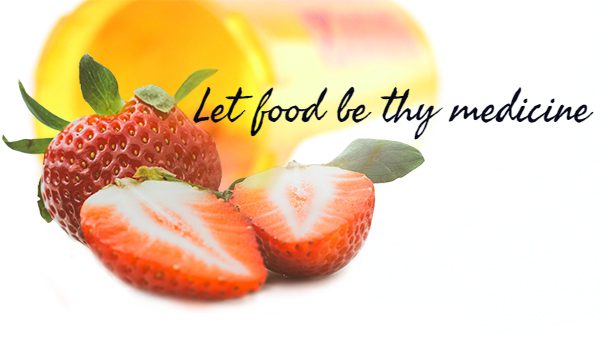“Let food be thy medicine” is truly ancient advice. That quote comes from Hippocrates, circa 400 B.C.
The modern idea of a doctor or an insurance company incentivizing fresh produce consumption through a “produce prescription,” has been around for several years now, but this is the first time I’ve seen a major retailer participate in a program like this.
The program works by allowing Medicaid beneficiaries through AmeriHealth Caritas DC, who are currently experiencing a diet-related chronic illness – to receive a “prescription” for fruits and vegetables from their healthcare provider.
They bring the prescription to the Giant pharmacy at this particular store and receive a $20 coupon to purchase fresh produce from the pharmacist to use for fresh fruits and vegetables in the produce department.
“As a food retailer, we recognize the important role we can play in the access to healthy foods and health education, and the program is certainly a natural fit with our ongoing efforts to support the health needs of the communities we serve,” said Gordon Reid, President of Giant Food, in a news release.
The pilot is running through Dec. 31, with 500 AmeriHealth patients participating.
So, why now for Giant?
Studies suggest these programs are working.
Tufts University and Brigham and Women’s Hospital in Boston concluded programs like this could save more than $100 billion in healthcare costs in a study published in the journal PLOS Medicine.
Fruits and vegetable prescriptions, according to the study, would prevent nearly 2 million cardiovascular events and 350,000 deaths.
This study – Dietary Impact of Produce Prescriptions for Patients with Hypertension – found “significant improvement in fruit and vegetable consumption,” and a “decline in fast food consumption” among participants.
The Food Farmacy program in North Carolina targets pediatric patients, giving them a “food prescription” for 15 to 20 pounds of fresh produce, lean ground turkey and whole-wheat bread with the goal of providing children in need with access to healthier foods.
Most of the pilot programs I’ve found had one thing in common, however. The “prescriptions” were redeemable at farmers markets. To see it expand to a mainstream retailer is a much-needed boost to scale up and make it truly relevant.
Much like what we’re seeing with the Food Insecurity Nutrition Incentive grants awarded to Double Up Food Bucks programs at retail, this is the type of program that’s a win-win for consumers and retailers.



